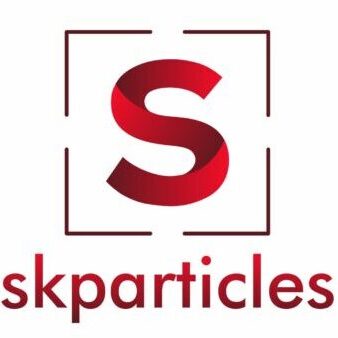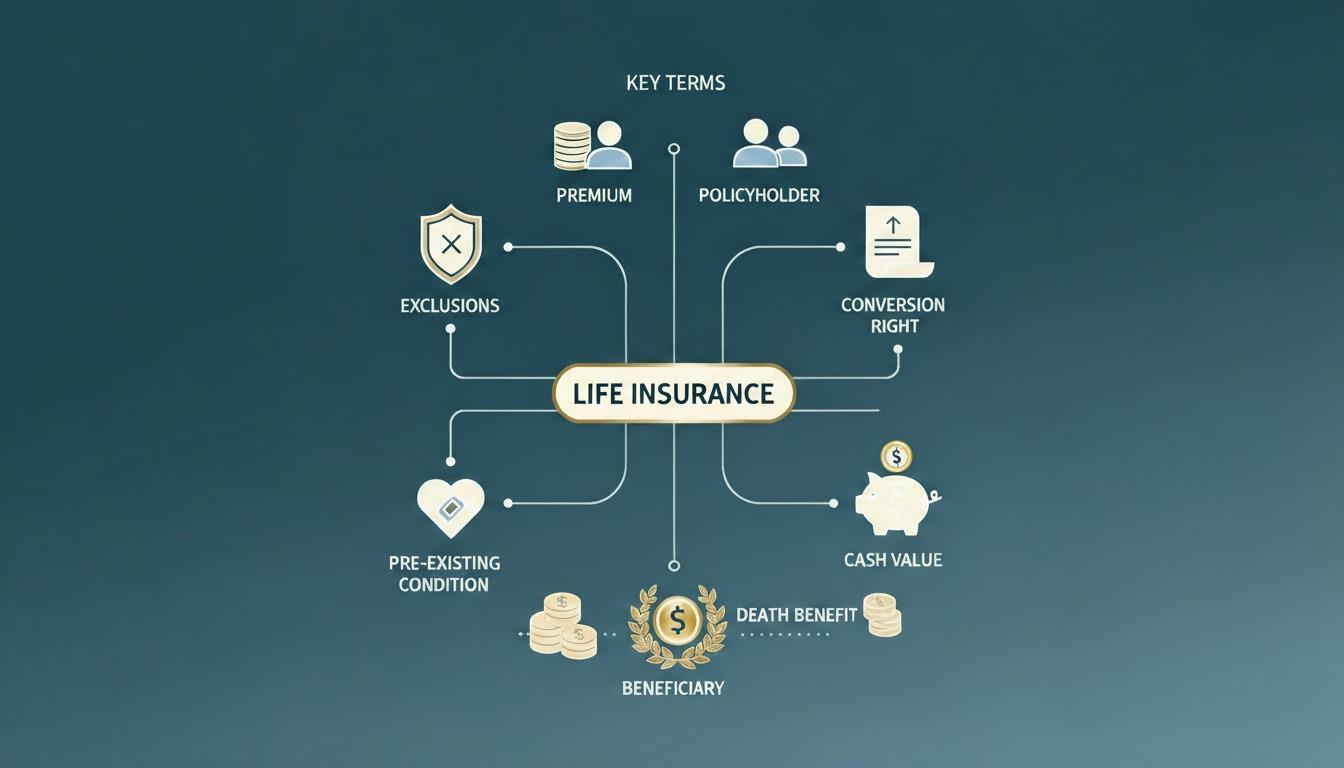Understanding the language of insurance is like learning the rules of a high-stakes game: once you know the terms, you play to win. Whether you’re safeguarding your family’s future or protecting your business empire, these key pieces of jargon unlock the full power of your policy.
Let’s decode the essentials, one term at a time so you can navigate insurance conversations with confidence, clarity, and a dash of sophistication.
Pre-Existing Condition
A pre-existing condition is any health issue that predates your insurance application, think asthma, diabetes, or a past bout with cancer.
Why it matters: insurers view these conditions as predictors of future claims, which can raise premiums or create exclusions.
TIP: Always disclose everything upfront. Omitting a diagnosis might seem harmless today, but undisclosed pre-existing conditions can lead to claim denials later.
If you have a manageable condition, explore simplified-issue policies or work with an underwriting advocate to negotiate favorable terms.
Anti-Selection
Anti-selection happens when people with higher health or lifestyle risks seek more coverage, forcing insurers to raise premiums or decline applications.
Think of it as “too many rookies betting on red.”
To avoid this:
- Apply for coverage early.
- Maintain a healthy lifestyle.
- Get annual checkups.
This proactive stance not only protects your insurability but reinforces your credibility as a low-risk client.
Exclusions
Exclusions define what’s not covered under your policy, such as extreme sports injuries or pre-existing conditions.
They’re designed to keep premiums affordable for everyone by limiting catastrophic claims.
Your Move: Always read the fine print. Ask your advisor, “What isn’t covered?” If necessary, enhance protection with riders or supplemental policies tailored to your lifestyle.
Insurable Interest
You can’t insure just anyone, you must have an insurable interest, meaning you’d suffer a financial loss if that person passed away.
This prevents “stranger” or “dead-peasant” policies.
Examples include:
- Spouses or parents insuring family members
- Business partners insuring one another
- Creditors insuring borrowers
Confirm insurable interest before applying to avoid policy invalidation.
Medical Information Bureau (MIB)
The MIB is a confidential database used by Canadian insurers to verify applicant information. It helps prevent fraud and ensures consistent underwriting.
Your insurer checks it to confirm details like smoking status, prior applications, and medical history.
If discrepancies appear, your policy could be delayed or contested.
TIP: Request your MIB file annually to ensure accuracy and transparency.
Financial Needs Analysis
Buying insurance without a Financial Needs Analysis (FNA) is like sailing without a compass.
This process assesses your:
- Income, debts, and cash flow
- Dependents and lifestyle goals
- Future obligations like education or mortgage payoff
Your FNA ensures you buy the right amount of coverage, not too much, not too little and align every premium dollar with your goals.
Illustration
An illustration is your policy’s preview screen, projecting potential values, premiums, and growth scenarios.
For permanent insurance, it shows:
- How cash value accumulates
- How dividends might apply
- What happens under different market conditions
Never assume everything shown is guaranteed, always verify the “Guaranteed Values” section and ask your advisor to walk you through worst-case scenarios.
Rescission Right
Also called the “free-look period,” this gives you 10–30 days after purchase to cancel your policy and receive a full refund.
Use this window to:
- Review all documents carefully
- Confirm beneficiaries
- Ensure your coverage matches your financial plan
If something feels off, rescind rather than regret.
Grace Period
Missed a payment? Don’t panic. Most policies include a grace period (30–90 days) before coverage lapses.
However, don’t make a habit of it, lapses can trigger re-underwriting and potentially higher premiums.
Set up auto-payments or reminders to protect your coverage and peace of mind.

Contestability Period
During the first two years of a policy, insurers can investigate claims if misrepresentation is suspected.
Even honest mistakes may result in delays or denials.
Action Step: Be accurate and transparent during underwriting. Keep copies of your medical disclosures and notify your insurer about any major health changes.
Integration
In disability insurance, integration means your benefit is adjusted to account for other income sources (like CPP disability or employer benefits).
This ensures total benefits don’t exceed 60–70% of your pre-disability income.
Understanding integration helps you plan realistically, so your replacement income sustains your lifestyle, not shrink it.
Conversion Right
Life evolves. Your policy should too.
The conversion right lets you switch from a term policy to a permanent one without new medical exams.
Perfect for those expecting health changes, family expansion, or estate planning needs.
Keep an eye on conversion deadlines (often within 10–20 years) to make the move while eligibility is intact.
Key Person Insurance
For business owners, Key Person Insurance protects your company from the loss of a crucial team member.
It provides funds to:
- Recruit and train a replacement
- Offset lost revenue
- Stabilize investor confidence
Premiums are paid by the business, and benefits flow back to the company.
This coverage ensures business continuity even during unexpected transitions.
Final Verdict: Speak the Language of Protection
Jargon without context is noise; jargon with insight is empowerment.
Armed with these definitions, you become a proactive policyholder, not a passive applicant. You’ll ask the right questions:
- “What exclusions apply?”
- “How does integration affect my payout?”
- “What’s guaranteed versus illustrated?”
Insurance is the bridge between risk management and legacy building. Mastering its vocabulary means every clause, every rider, every benefit aligns with your vision of long-term security and wealth.
In short, knowing the jargon isn’t about sounding smart; it’s about playing smart.


